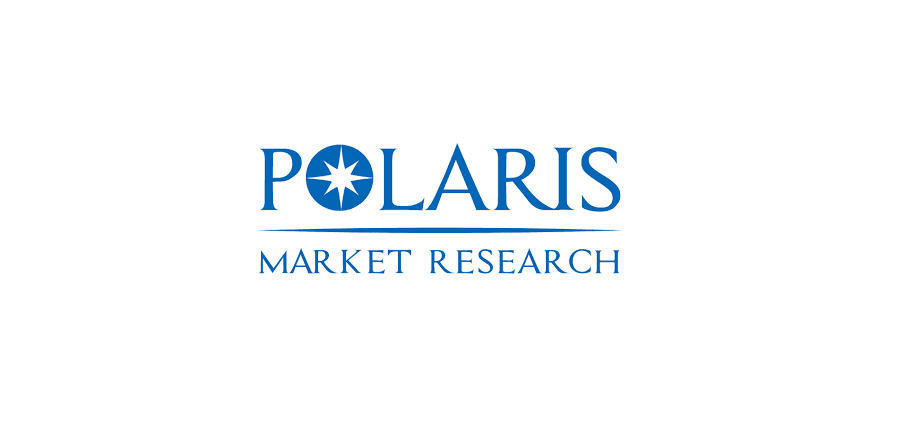GMP certification
GMP Certification
Good Manufacturing Practices (GMP) Certification is a globally recognized system that ensures products are consistently produced and controlled according to quality standards. It is primarily used in industries such as pharmaceuticals, food, cosmetics, and medical devices. The main goal of GMP certification is to minimize risks involved in production processes that cannot be eliminated through testing the final product. It focuses on ensuring product safety, quality, and compliance with regulatory requirements.
GMP provides a framework covering all aspects of production, from the selection of raw materials to facility design, equipment maintenance, sanitation, staff training, and documentation. It ensures that manufacturing facilities maintain proper hygiene, prevent contamination, and produce products that meet safety and quality specifications. GMP is not a one-time process but a continuous commitment to quality and process control.
There are various forms of GMP standards depending on the sector. In the cosmetics industry, ISO 22716 provides guidelines for Good Manufacturing Practices, focusing on production, control, storage, and shipment of cosmetic products. In the food industry, GMP often integrates with HACCP systems to ensure food safety and hygiene standards. For pharmaceuticals, the term “cGMP” (Current Good Manufacturing Practices) is used to emphasize continuous improvement and adherence to the latest industry practices and technologies.
The process of obtaining GMP certification begins with a gap analysis to assess current practices against GMP requirements. Organizations must identify deficiencies and make necessary improvements in processes, documentation, and facility layout. Once compliance is achieved, a certification body or regulatory authority conducts an audit to verify adherence to GMP principles. If the organization meets the requirements, a GMP certificate is issued. Periodic audits and inspections follow to ensure ongoing compliance.
GMP certification brings significant benefits to businesses. It enhances product safety, ensures consistent quality, and boosts consumer confidence. Certified companies are more likely to gain the trust of customers and regulators, opening up new market opportunities, particularly in industries where GMP compliance is a legal or customer requirement. It also helps reduce waste, rework, and product recalls by encouraging effective quality control systems and preventive measures.
In Bahrain and across the Gulf region, GMP certification is becoming increasingly important, especially in industries such as food, cosmetics, and pharmaceuticals. Local certification bodies and international organizations assist companies in achieving GMP compliance by providing training, audits, and certification services. By obtaining GMP certification, manufacturers in Bahrain can align their operations with global standards, enhance export potential, and ensure products meet both local and international safety expectations.
In conclusion, GMP certification is a vital tool for maintaining high-quality manufacturing processes and ensuring consumer safety. It represents a company’s dedication to excellence, quality assurance, and regulatory compliance. Whether for pharmaceuticals, cosmetics, or food, implementing GMP not only protects consumers but also strengthens brand reputation and market competitiveness.
Categorías
Read More
A new growth forecast report titled Aircraft Electric Motors Market Share, Size, Trends, Industry Analysis Report, By Application; By Type; By Aircraft Type; By Region; Segment Forecast, 2023 - 2032 introduced by Polaris Market Research represents conclusive data on the overall market. It majorly targets to provide a detailed analysis of growth factors, challenges, and opportunities....

Introduction: Celebrate FC 26 with FUTBIN's Ad-Free Offer Enjoy a special promotion in honor of FC 26’s release—get our Ad-Free subscription at 50% off. Experience a full year with zero advertisements, now available at half the usual cost. Take advantage of this limited-time offer to upgrade your FUTBIN experience and browse seamlessly. How to Get 50% Off FUTBIN Ad-Free on iOS iOS...

Making Isaca AAIA Exam Study Simple and Stress-Free Preparing for the Isaca AAIA exam does not have to feel stressful or confusing. Many students struggle because they study too much without a clear plan. They read many resources but still feel unsure about what really matters for the exam. Choosing clear and trusted Isaca AAIA study material makes preparation simple, focused, and more...

Polaris Market Research has introduced the latest market research report titled Military Wearables Market Size, Share, Trends, Industry Analysis Report: By Product, Technology, End User (Land Forces, Naval Forces, and Air Forces), and Region (North America, Europe, Asia Pacific, Latin America, and Middle East & Africa) – Market Forecast, 2025–2034 that highlights the...

A new growth forecast report titled Bioenergy With CCS Market Size, Share, Trends, Industry Analysis Report: By Technology (Oxy-combustion, Pre-combustion, Post-combustion, and Others), Application, and Region (North America, Europe, Asia Pacific, Latin America, and Middle East & Africa) – Market Forecast, 2025–2034 introduced by Polaris Market Research represents...


